Blog
Press Release: August 21, 2014
The Lutheran Bible?

There is no such thing as a “Lutheran Bible.” There is a German Bible (called the Luther Bible) translated by Martin Luther and printed in 1534. And there are Bibles with study notes written from a Lutheran perspective. But there is no official Lutheran Bible or specifically Lutheran translation. Simply, we are Lutherans who translate the Bible into minority languages around the world that do not have God’s Word available to them.
Most of us are accustomed to having numerous translations available in our own language. If you looked through the Bibles in your own home, you probably have several different versions or translations—the King James Version, New International, New American Standard, New Living, The Message, and others. You may even have Bibles with specialty study notes. (Think The Archaeological Bible. The C.S. Lewis Study Bible. The Bible for Couples or Singles or Teens or Kids or Former English Teachers or…you get the idea.)
However, around the world, many don’t have the luxury of options. Of the almost 7,000 languages in the world,
- Fewer than 1,300 languages have a translated New Testament.
This group has the words of Jesus, the stories of the early Church, the writings of Paul, and the revelations of John. Yet they don’t have the Old Testament, which gives us so much of the context and prophecy that helps us understand why Jesus is the Savior of the world.
- Fewer than 550 languages have translations of the complete Bible.
And by translations, we really mean translation (singular). In most of these languages, there aren’t options. There aren’t multiple versions. Most of those languages have a single Bible version available in their language.
That leaves about 180 million people today who do not have any Scripture available in their language.
That’s why the work of Lutheran Bible Translators is so important. We’re about making God’s Word accessible to people who don’t have it yet.
Imagine for a moment that all the churches within 1,000 miles of your home conduct their Sunday services—the hymns, the liturgy, even the Bible you read—in a different language, like Spanish, French, or Mandarin. You know a bit of that language. You speak it at work and the store and the post office, because most people around you speak it. But at home, you speak English. It’s what you grew up speaking. It’s what you prefer.
You may understand another language on an intellectual and practical level, but it isn’t the language of your heart. Its words don’t speak to you with the same depth as English words.
As the global church grows, worshippers are creating songs in their heart languages. They are praying in their heart languages. And we are working to ensure that they can read and hear God’s Word in their heart languages.
Ruth Ada Kamara, a Sierra Leonean woman who received the Bible in her heart language in 2013, said it best: “We use Krio in our church. It is our common language. We sing praises to God in Krio. We pray in Krio. Now we can hear God speaking to us in Krio!”
Join us as we make God’s Word available to people in their heart language.

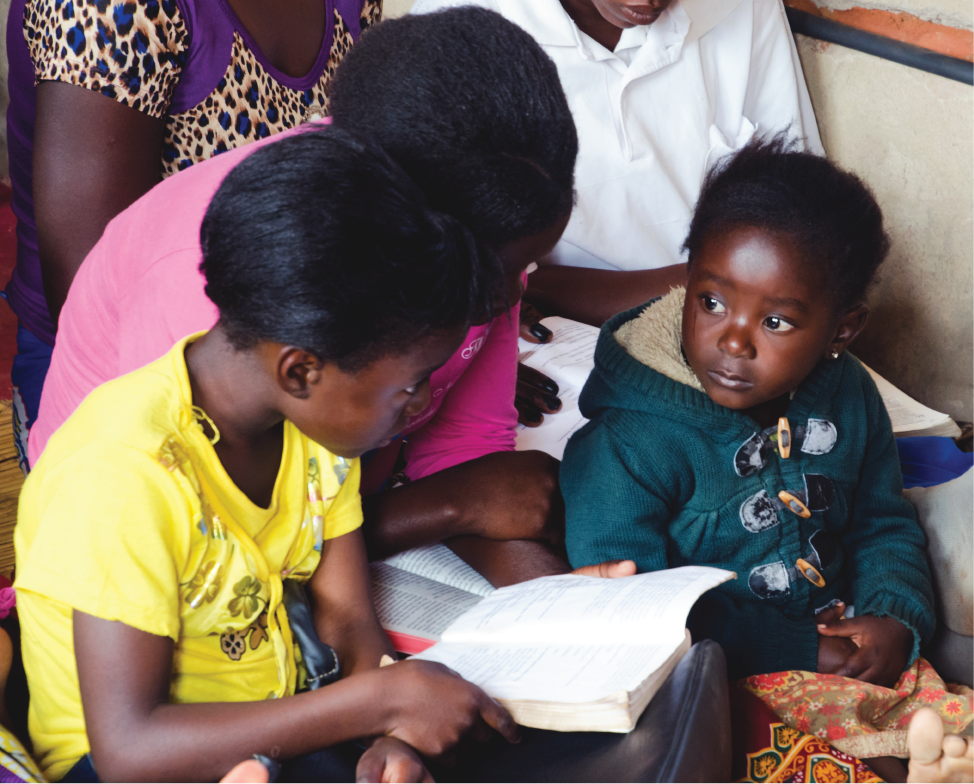
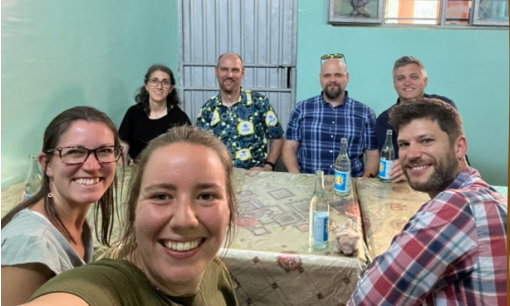
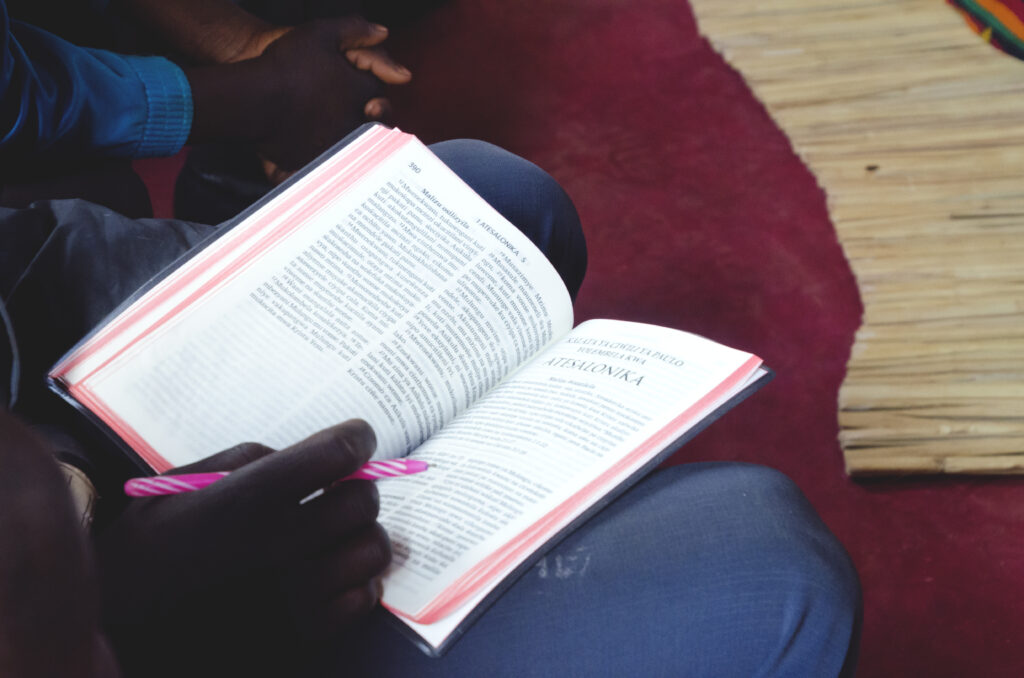
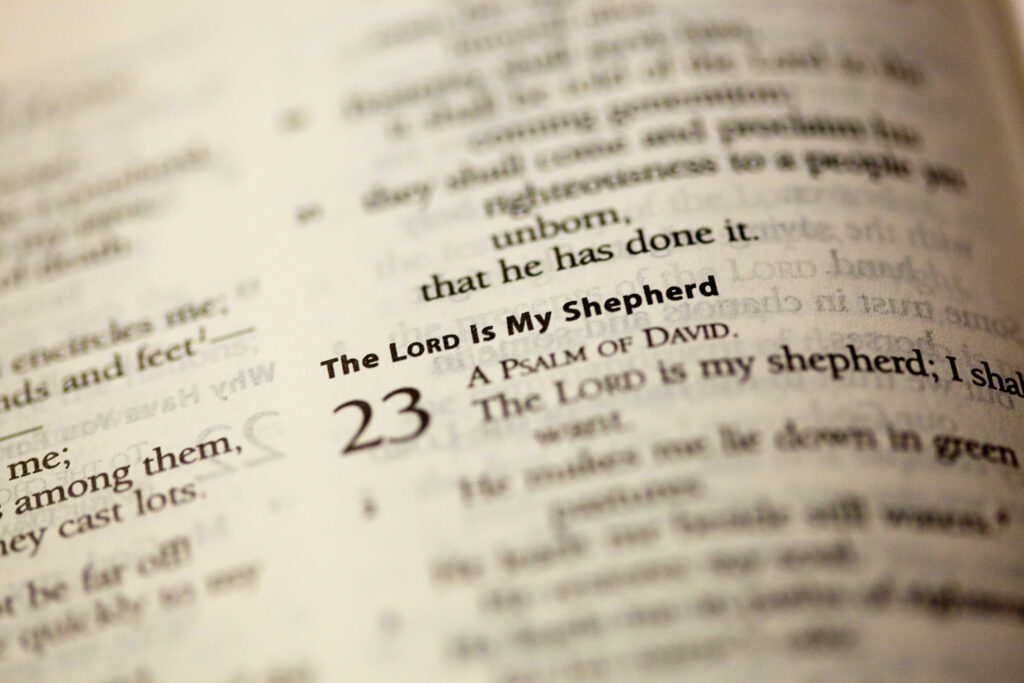
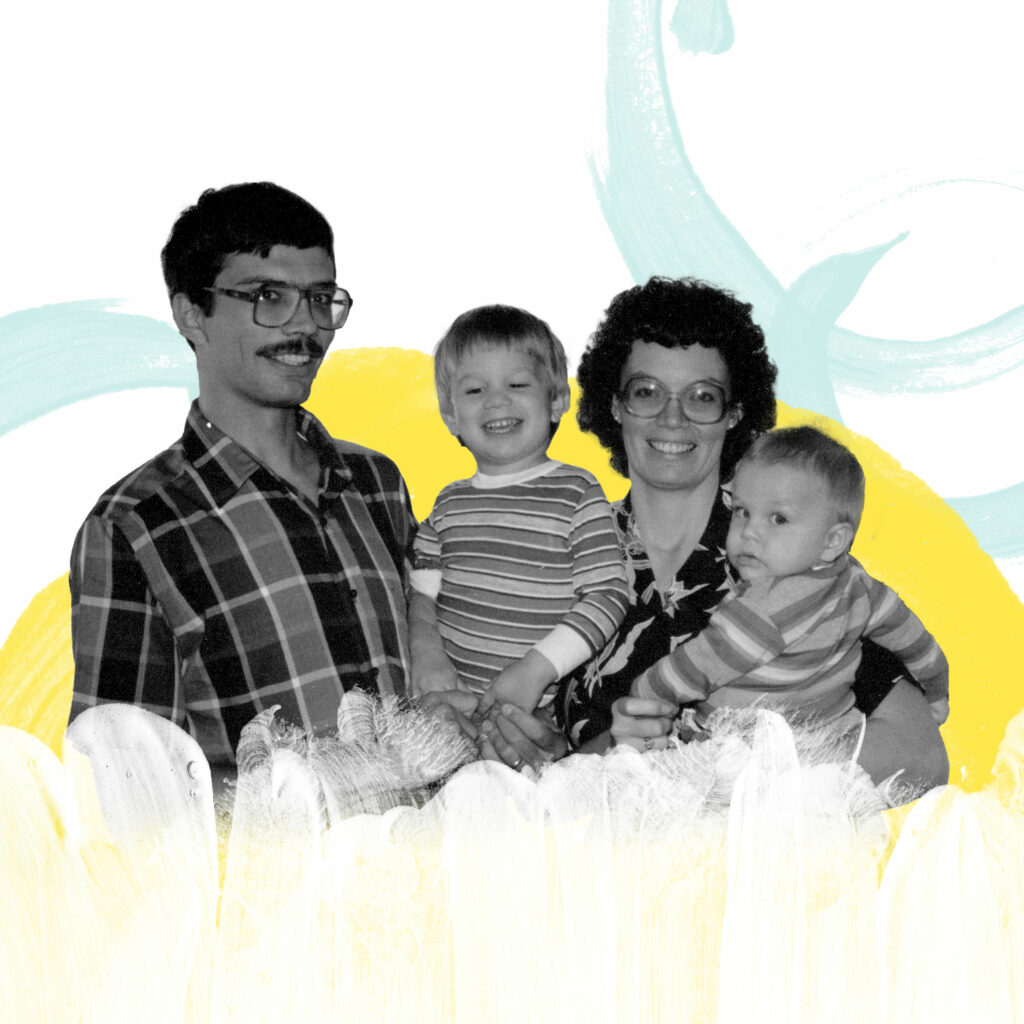
Leave a Reply
You must be logged in to post a comment.